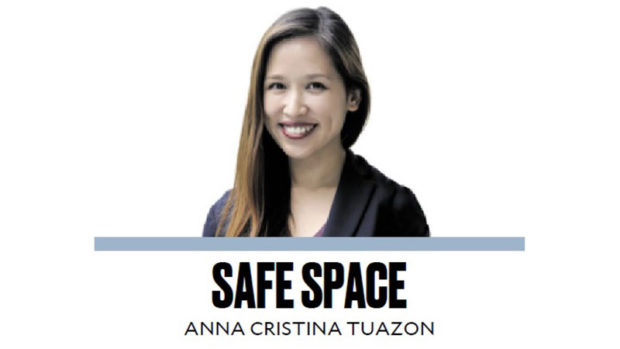Philippine professional psychology is currently experiencing a period of significant change and uncertainty. On June 30, the Professional Regulatory Board of Psychology released Resolution No. 4, which outlines the rules and regulations for granting permits to psychology or psychometrics offices, centers, clinics, or facilities. While the law allows for permits to be issued to various entities as long as they are appropriately staffed and equipped, the board’s requirements are excessive and could lead to the closure of many mental health services nationwide. This would result in entire provinces without access to qualified psychology clinics, creating mental health deserts.
It’s important to understand the current state of psychology practice in the Philippines. To become a licensed psychologist, individuals must have a master’s degree and undergo training in a clinical or counseling psychology program at the graduate level. However, the existing psychology law does not differentiate between clinical and nonclinical psychologists, allowing psychologists with various specializations to obtain a license. The first Philippine psychology board exam took place in 2014, with only 35 out of 53 applicants passing. In the most recent board exam in 2022, there were 226 successful applicants. Out of approximately 1,700 licensed psychologists, only around 800 are engaged in clinical practice. This means there is only one licensed practicing psychologist for every 125,000 Filipinos, resulting in long waitlists for psychology clinics, particularly in private practice. In government or public practice, there are very few job opportunities for psychologists, with low salaries and limited opportunities to provide outpatient or community mental health services.
Given the limited number of mental health professionals and services in the country, it is bewildering why the Board of Psychology has imposed requirements that would significantly reduce access to mental health services. Despite only a few years of board exams, the board now insists that each clinic or center must be led by a psychologist with seven years of experience, including three years of supervisory experience. It is estimated that only around 100 psychologists in the country meet this criterion. With the Mental Health Act mandating mental health services in offices, schools, and hospitals, 100 psychologists are not nearly enough to oversee the tens of thousands of mental health units in various organizations. In some provinces, there may only be one or two practicing psychologists, and if the resolution is implemented, they will be unable to open or maintain a clinic. This creates significant barriers to accessing mental health care, particularly for Filipinos outside of Metro Manila who cannot afford to travel for treatment.
The resolution also requires the head of the psychological services unit to be employed full-time, which is unfeasible for most nonprofit and community services with limited resources. Currently, many psychologists in these settings work on a voluntary or consultant basis to accommodate meager budgets while maintaining the ability to practice in multiple settings. If they are forced to work full-time without compensation, it would create unsustainable conditions. Additionally, the employment requirement does not consider that many clinics operate as group or cooperative practices, with psychologists sharing expenses and working independently. Imposing a hierarchical structure by mandating a head of unit would eliminate these group practices and increase costs, ultimately leading to higher therapy prices.
With the effective date of the resolution approaching, it is crucial that the Board of Psychology listens to the concerns of the profession and temporarily suspends the implementation of the resolution. This would allow them time to develop policies that prioritize the quality of mental health services without jeopardizing their availability.
Denial of responsibility! VigourTimes is an automatic aggregator of Global media. In each content, the hyperlink to the primary source is specified. All trademarks belong to their rightful owners, and all materials to their authors. For any complaint, please reach us at – [email protected]. We will take necessary action within 24 hours.


